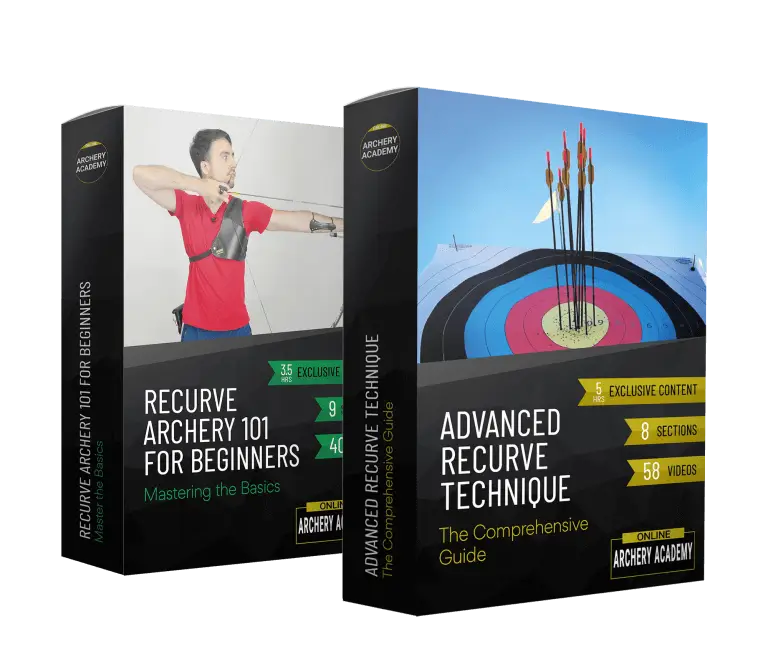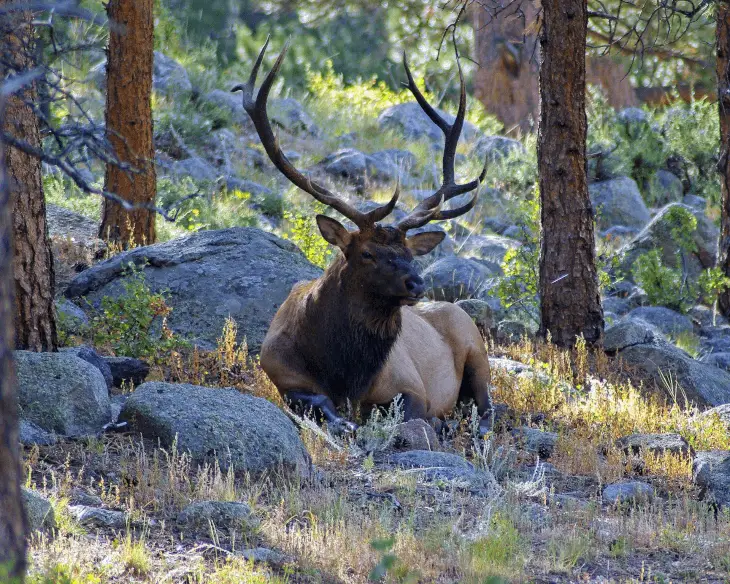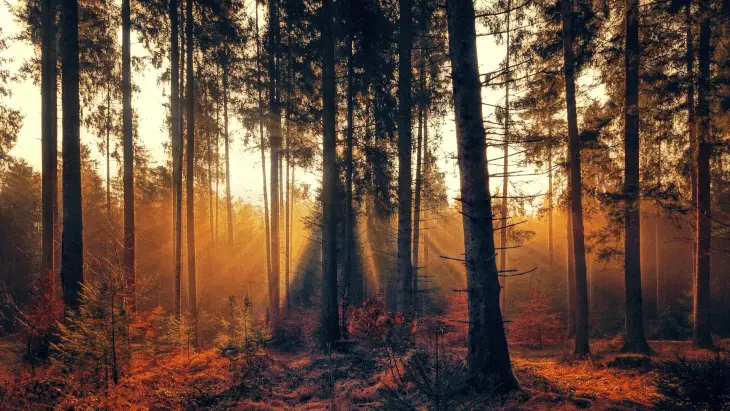Before you head out on your first bowhunting voyage, you’ll need a license. That’s a pretty commonly-understood thing, and most new hunters—even most non-hunters—realize that you need a license or a permit in order to harvest game.
What many people do not know is that in order to get a hunting license, you’ll probably need to complete an education requirement set by your state. That throws many new bowhunters for a loop, and they’re not sure how to fulfill that educational requirement, where they can go for classes, and so on.
So, below, we’ll look at each aspect of bowhunter education, and de-mystify the process for you. By the end of the post, hopefully you’ll have a clear understanding of how to choose your course, how to actually get into the course you want, and how to get credit for it.
Hunting Education: An Overview
The classes your state will require you to take before you get a hunting license are usually held on weekends—usually an all-day Saturday course—and they’re taught at local schools and/or colleges, archery ranges and/or firing ranges/shops, or municipal buildings in the state. Some states do offer a hybrid “online-class-plus-in-person-event” option, but it’s very rare that states offer an “online-only” class, where there’s no in-person follow-up afterward.
The classes themselves usually consist of a specific numbers of hours in-class, maybe some homework you need to complete before you arrive, field instruction, and a final exam.
Among new hunters, there’s a lot of confusion regarding classes and education requirements—especially when it comes to general hunting courses vs. bowhunting courses—so let’s take a look at each type of course, and then move on to the details.
General Hunting Courses: Almost Always Required
Each state has individual rules and regulations that govern hunting and bowhunting, and those rules vary greatly (and we’ll talk more about that in a minute).
Most states—if not all of them—require you to complete a general hunting education course before you get your first hunting permit/license.
General hunting classes usually teach:
- The history of firearms and the weapons used for hunting game;
- How to safely store, handle, load, and use your firearm;
- How to select ammunition and use is safely;
- The fundamentals of marksmanship, and how to aim accurately;
- The laws and regulations that govern hunting in your state;
- The penalties for breaking the laws and regulations of your state;
- How to identify game and local animal populations;
- How to field dress game you’ve harvested;
- Conservation principles, and how you can take care of the land while you hunt;
- General principles regarding wildlife management and its importance;
- Hunting safety and wilderness survival; and finally
- How to hunt ethically and responsibly.
There may be other topics that come up, especially if there is an issue or concern unique to your state (such as a drought / fire alert / endangered species / etc.).
So that’s basic hunter education. These classes are usually a requirement for everyone who wants to get a hunting license, regarding of what kind of hunting weapon—a firearm, a bow, a crossbow, a muzzleloader, or something else—that person will be using.
Bowhunting Courses: What They Are, and Why They’re Important
In many/most states, if you want to bowhunt, you will also need to sign up for and complete a bowhunting class. The topics of a bowhunting classes usually include topics specific to bowhunting, such as:
- The rules and regulations of your state, but also the rules that pertain specifically to bowhunting;
- How to carefully hunt with a bow, including how to safely store, insert, and use broadheads;
- Tree stand safety, and how to ascend and descend a tree stand, along with the proper technique to get your gear up to you; and
- Bowhunting tactics and shot placement, and how they may differ from “regular” hunting tactics.
The content of the class may include the content from the basic hunter education class, or it may specifically focus on bowhunting practices.
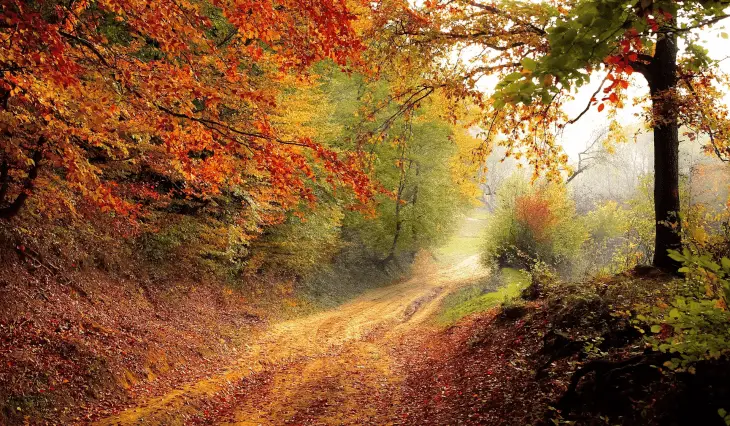
Insider Tips That Might Not Be So Obvious
So now that you get the general idea, let’s go over some helpful tips about hunter education—and specifically bowhunter education—that’ll help you navigate the system.
Your Bowhunting Class May Be Required ON TOP OF Your Hunting Class
You might imagine, “I’m just going to be bowhunting—no firearms involved—so I just need to take a bowhunting course to get my license.” Not necessarily so!
In some states that may be the case, but in others, you need to complete your general hunting education course, and then a bowhunting course on top of that. That’s the case in Vermont, in Idaho, and in Nebraska, and plenty of other states, too. If you plan on bowhunting, you’ll have to find out exactly what your state requires, and fulfill those requirements.
As we mentioned in our post about how to get your first bowhunting license, the rules of every state are vastly different, and figuring out what the rules of your state can be very tricky. So, the best strategy is usually to…
Just Call Your State Hunting Agency
Trust us on this one: if you got a very specific question and you can’t easily find it on your state’s website, just give them a call. Seriously. We’re a website, and we’re not in the business of getting people off the web, but it’s just soooooo much simpler. Your state’s website usually has all the information you need to get started, but if there’s something you need to know and you can’t find it, just give them a call.
Unlike pretty much every other hotline in the world, you will usually be able to get a living, breathing human being on the other end of the line, and he / she will be able to answer your questions and guide you in the right direction.
CHECK FOR CLASSES EARLY AND OFTEN
You’ve decided you want to be a bowhunter. Awesome! You figure you’ll stroll online and sign up for a class near you, sometime soon over the next month or two.
If it were only so simple.
You’d be surprised at how quickly classes fill up, and if you don’t time things right, you might not be able to go bowhunting as soon as you’d like. There are a number of reasons why people miss out on classes, because…
There are Limited Spots. Classes usually only admit a limited number of people—usually fewer than fifty—so that means that spots fill up quickly. And not only that…
Classes Themselves Can Be Sparse. Classes are usually run by unpaid volunteers, and as you might imagine, it’s not easy to get a large group of unpaid volunteers, so there may not be enough teachers to teach everyone who wants to take a class.
Your State is a Big Place. You may find that there are open spots in an upcoming class, but… you live in California, and that upcoming class is 500 miles from where you live. The classes near you may be filled up, and the only available classes may be very far away.
So, here’s our advice: go online as soon as you can, and see what your state is offering. Spots in a class get scooped up quickly, so pounce as soon as you find one that works for you—and if you’re not able to get one, keep going online every day and see if your state adds more classes. Generally, when interest is high enough, they’ll add a couple of dates, but again, you’ll need to sign up before anyone else does.
Don’t Sign Up for the First Online Course You Find
There are a number of websites—like Online Hunter Ed and Hunter Ed—that offer online bowhunting classes, but those courses may not satisfy your state’s educational requirements. As we mentioned (a bunch of times—sorry about that!), you state has very specific requirements that you need to meet before you are allowed to bowhunt, so check and make sure that the online course you’ve found is one that will fulfill their requirements.
Your state’s website should say if they accept a specific course, so check with them—or better yet, call—and find out what you need to do.
You Can Always Take a Refresher Bowhunting Course, Or Even…
…take a course if you don’t plan on bowhunting. If you’re an archer and you want to know more about the world of bowhunting and how bows are used to harvest game, why not? It’ll be fascinating. There was a great article in Colorado Outdoors magazine about a woman who didn’t want to hunt, but was curious about how hunters ate. How cool is that?
Always remember, though, that even if you’ve already taken a bowhunting course, you can always take it again. You will never, ever know everything there is to know about the practice, and it’s always great to meet with like-minded folks (and we’ll talk more about the value of like-minded folks in a minute).
If, however, you’ve taken the basic course and you want to move on, keep in mind that…
Advanced Classes May Be Available
Bowhunting techniques and practices used to be handed down through family generations, but that’s not always the case anymore, and many people are getting into bowhunting on their own. If that’s the case, and you feel you’ve got the basics down, advanced classes can be a REALLY fantastic option.
Here’s an example of the advanced classes offered in the state of California. There are clinics for deer hunting, wild pig hunting, wild turkey hunting, even classes on waterfowl hunting. The courses discuss the types of firearms / weapons you’d need to hunting these types of game, how to scout and track them, and how to field dress them after a successful hunt.
As we mentioned, not all states offer advanced classes, but wouldn’t it be nice if they did?
You May or May Not Have to Take a Crossbow Classes
We’ve known hunters who have signed up for a bowhunting class, taken it, and then realized somewhere mid-class that the bowhunting class would not allow them to hunt with a crossbow. They were… not thrilled.
If you’re planning on hunting with a crossbow, be certain of license you need, and don’t assume your bowhunting license will cover it.
If You’re a Parent and Your Son / Daughter is Taking the Class…
There may be specific guidelines that you need to follow. You may need to:
- Sign a Student Consent form / other documents allowing your child to take the course;
- Commit to hunting with your child, so that he is supervised during all times of the hunt; and
- Actually take the class with your child, and pass the course yourself.
Again, it’s whatever your state says.
Apprentice Hunts May Be Available
Not all states offer them, but some states understand the challenges that new hunters and bowhunters face, and offer a kind of mentorship program.
Here’s one such apprentice program offered in the state of California. You may need to meet certain qualifications, and you may be limited to specific game, and the opportunities may be limited to certain times per year, but the programs can be very rewarding. Something to look into!

How to Get the Most Out of Class
So now you know what bowhunter education is, you know some insider tips on how to pick the right course, and how to get into it. Now let’s take a look at how you can make the most of your time there.
Show Up to Class Prepared
Every class will ask for something different, so make sure you read all the documentation for the class before you show up. Some classes have homework you actually have to complete before you show up to the first class, and you don’t get credit for the class unless that homework is completed when you show.
Harsh! But, them’s the rules (in some states, as we’ve mentioned countless times before).
You can also show up prepared if you…
Do a Little Self-Study Beforehand
Bowhunting is a pretty vast topic, and there’s a LOT to know—from bow knowledge (how to use your bow, equipment selection, accuracy skills), to game knowledge (how certain animals behave, how to track them, and where to aim), to hunting strategy (how to find animals in the first place, and how to predict their movements). There are a lot of topics you can ask about, so get a broad understanding of the activity before your class.
Luckily, there’s an amaaaaaaaaaaaaaaazing website that offers a lot of incredible content on bowhunting, and it’s called… the Complete Guide to Archery! Yep, that’s us. Poke around the site before you head to class, and you’ll be able to put together some great questions for your instructor.
It always seems like you ask better questions when you know the material a little bit, so read up before you head in.
Ask a Ton of Questions
If you’re shy or hate public speaking, force yourself to speak up. The instructors who teach these classes really know their stuff, and your class is a priceless opportunity to talk to someone who really knows bowhunting. We’re obviously big proponents of web-based learning, but the opportunity to learn from a pro doesn’t come along every day. Take advantage while you can.
Just like any instructor, the men and women who choose to teach classes are truly passionate about the activity, and they want to help. No question is too stupid. Seriously—ask away.
Meet People!
Hunting, for as exciting as it is, can be a lonely affair, and the opportunities to meet like-minded folks are limited. In your class, you’ll have the opportunity to meet people who have a similar interest in bowhunting, and it can be a great chance to spark friendships with potential hunting buddies.
You might also find that you’ll meet people from all walks of life, at all ages, who have a wide variety of experiences between them. Your hunting class can be an opportunity to learn more about hunting, but also about hunters themselves—the people who choose to pick up a bow and head into nature.
We’ll mention this again, before we move on—depending on where you live, it can be difficult to meet people who are interesting in bowhunting, so make the most of the rare opportunity present in your bowhunting class.
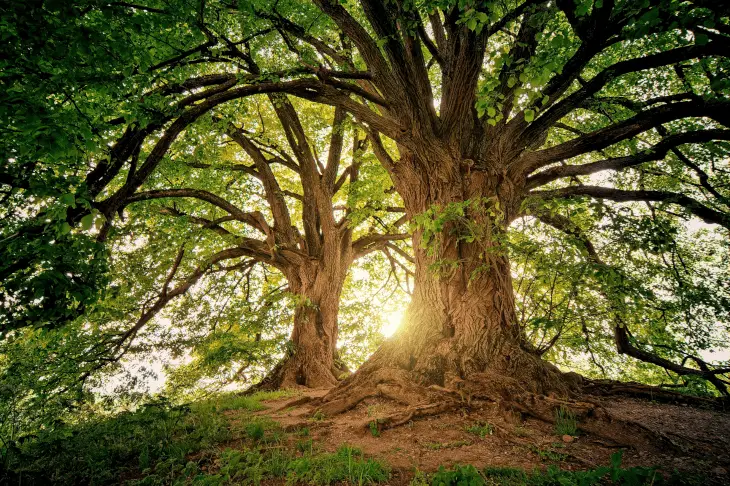
A Note About Your Hunting Instructor…
A quick reminder before we wrap up:
Let Your Instructor Know He / She Has Been Helpful
In most instances, your course instructor is a volunteer, who’s gone through a certification course to learn how to teach you about bowhunting. Even those who are getting paid certainly aren’t making the big bucks (“bucks,” get it?).
They’re there because they love hunting, they love the outdoors, and they want others to love it too. It’s all about passion and love of the game, and that’s a wonderful thing.
So, if you’re comfortable with doing so, go up and give your instructor some heartfelt gratitude. It’ll make his/her day.
Maybe Become an Instructor Yourself?
If you complete you bowhunting classes, get some experience in the field, and then decide you’d like to teach others, contact your state’s hunting department! Volunteers are almost always welcome, and you can usually learn more on state’s website—here’s a page about volunteers on the Wisconsin website, and here’s one about volunteers from the Ohio website. The hunting community always needs new teachers, so if you’ve got an interest, go for it!
Bowhunting Education Wrap-Up
That’s about it for bowhunting classes! While we realize that classes are a requirement in most states, we’d urge you to look at them as an opportunity, rather than an obligation. They’re a great way to meet people, get your “bear”ings (more wordplay!), and develop a life-long passion for hunting. Good luck, have fun, and happy bowhunting!

